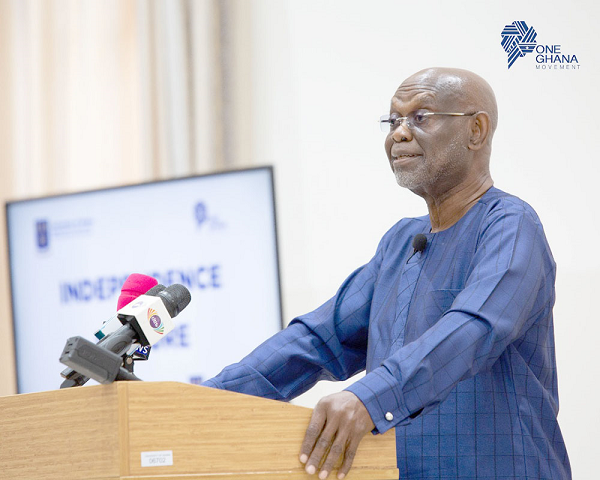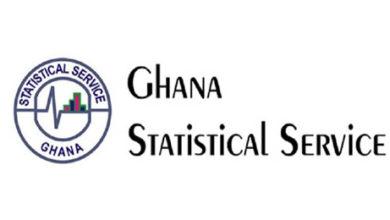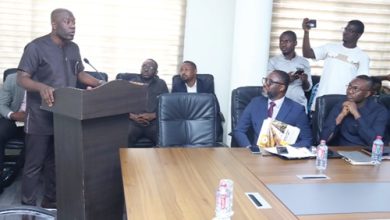Kwesi Botchway urges consensus to fix economic challenges

A former Minister of Finance, Prof Kwesi Botchway, has urged the government to involve the citizens in a bid to find solutions to the country’s current economic challenges.
He said the country’s economy was currently in distress, hence the need to bring everyone on board in finding urgent solutions.
“Inflation is back in the double digits and over 15 per cent. The government is struggling to raise money locally and is accumulating arrears to several programmes – roads, school feeding, Livelihood Empowerment Against Poverty (LEAP) and even salaries.”
“There’s ongoing capital flight and foreign investors have withdrawn close to $200 million in January alone. It is not absolutely the end of the world. Not quite,” he said.
Prof Botchway, who is the longest-serving Finance Minister in Ghana and credited with leading the country’s economic recovery in the 1980s, said this in a media release issued in Accra on March 10, 2022, when he delivered a lecture to mark Ghana’s 65th independence anniversary.
It was the maiden lecture to be organised by the One Ghana Movement in partnership with the Economics Department of the University of Ghana.
Creditworthiness
At the heart of Ghana’s economic woes, Prof Botchway said it was the fact that the country was no longer seen as creditworthy, and policies are not seen as credible in the eyes of the investor community and the credit rating agencies.
He said any attempt to resolve the problem would necessarily cause some economic hardship, therefore, the managers of the economy needed to take measures to ensure that any such hardship was distributed in an equitable manner.
“It may be necessary to undertake a thorough review of all the rigidities and sources of pressure in the budget, including every flagship programme, its impact and sustainability.”
We must beware of the lure of solutions that would further mortgage the future of young generations such as collateralising public revenue streams. Above all, we must resist solutions that would delay ‘hard decisions’ till after 2024, such as issuing zero-coupon bonds ready to mature in 2025,” he said.
Next govt
He said whoever takes the reins of government in 2025 would have to shell out a whopping $1.25 billion in Eurobond principal payments within a few months of assuming office.
“If we do not rebuild the Sinking Fund and if we are unable to regain access to international capital markets to refinance our Eurobonds, then this could mean that the next administration may very well default on its maturing Eurobond obligations in 2025. The national interest demands that we strive to avoid this outcome,” he said.
Prof Botchway contrasted the current economic challenges with the difficulties the country faced in the late 1970s and early 1980s, pointing out that “we have been here before.”
“The crisis we faced then was unimaginable and infinitely more forbidding,” he said. “But we survived as a nation, which is why some of the discussions we are having on the economy today, leave me rather bemused. I recount it here briefly to say that our current travails can be overcome provided we level with the people, wind down the hubris, the arrogance, and the show of impunity that the people see in some sections of the political elite.”
Prof Botchway said to resolve the economic difficulties there was the need for both fiscal and “political space to enable governments to take the often-difficult decisions that need to be taken without looking over their shoulders.”
To achieve sustainable, long-term economic development, Prof Botchway said, “we need to decide as a nation, precisely what we wish to do with the constitutional provisions that enshrine the National Development Planning Commission (NDPC’s) role in our economic planning and development regime.”
This, he said, “will ensure continuity in economic policy-making which has underpinned the experience of all successful developing and developed countries as well as private institutions like Standford University which boasts a 100-year plan.”





